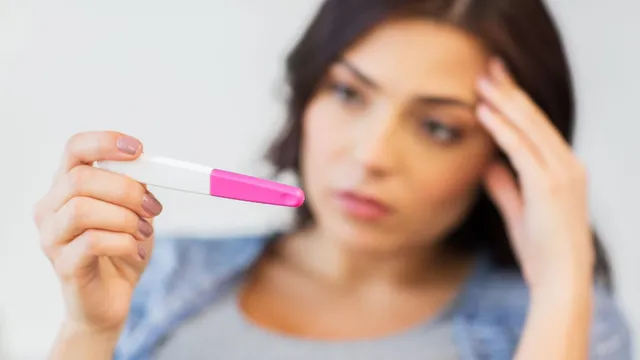- By Prerna Targhotra
- Wed, 30 Oct 2024 04:29 PM (IST)
- Source:JND
Impact Of Age On Reproductive Health: Fertility is a complex aspect of reproductive health that is significantly influenced by age, a factor that varies markedly between men and women. As individuals progress through different life stages, their reproductive capabilities can change, often leading to challenges when trying to conceive. In women, the decline in fertility typically begins in the late twenties to early thirties with a more pronounced decrease after age 35. This decline is primarily due to the natural ageing of the ovaries, which affects both the quantity and quality of eggs available for fertilisation. As women age, they also face an increased risk of miscarriage and chromosomal abnormalities, which can further complicate the journey to motherhood.
In a conversation with Jagran English, Dr Garima Sawhney, Senior Gynaecologist and Co-founder, Pristyn Care explained how age can be a common factor affecting fertility with age.
According to Dr Garima, one of the factors that affect fertility and general reproductive health in women is age. This factor can determine the quality and quantity of eggs in a woman's ovaries and whether a woman can conceive. In that respect, this information will enable women and their spouses to make the right decision while planning a family.
How Age Affects Fertility?
Egg Quality And Quantity
A woman will never have more eggs than what she was born with; as a woman ages, her eggs decrease in quantity. In their 20s, women have abundant reserves of healthy eggs, and ovulation is regular and more likely to result in conception. However, by the mid-30s and beyond, the decline in egg quality and quantity accelerates with fewer eggs each month and a higher risk of chromosomal abnormalities. This is why pregnancies in older women have a higher risk of miscarriage or genetic issues.
Fertility After 30

How Age Affects Fertility (Image Credits: Canva)
The fertility declines after the late 30s, and by age 40, conception is much lower. The decline is because the remaining eggs are usually not viable enough, which might make it challenging to conceive, even with ART(Assisted Reproductive Technology), like IVF (In Vitro Fertilisation). This is relevant information for women who may delay conceiving until later in life and may want to consider preserving their options by freezing eggs or embryos if they anticipate a delay before becoming pregnant.
Male Fertility And Age
Although men remain fertile longer than women, male fertility can also fluctuate over time. The quality of sperm tends to decline as men age, particularly after the age of 40. This decline can affect sperm motility and lead to a loss of genetic integrity, which may result in longer conception times and slightly increased risks for certain genetic conditions.
It's important to discuss plans for delayed parenting well in advance. Individuals should take the initiative to plan their fertility. Consulting a healthcare professional can clarify personal timelines and explain the fertility preservation options available. Age will always impact one's reproductive capacity. However, making decisions about family planning at this stage of life can be proactive, whether it involves planning for the present or making arrangements for the future.
ALSO READ: Detailed Insights From An Expert On The Major Concerns Surrounding Male Infertility In India
ALSO READ: Expert Explains Common Myths And Facts About IVF Treatment

